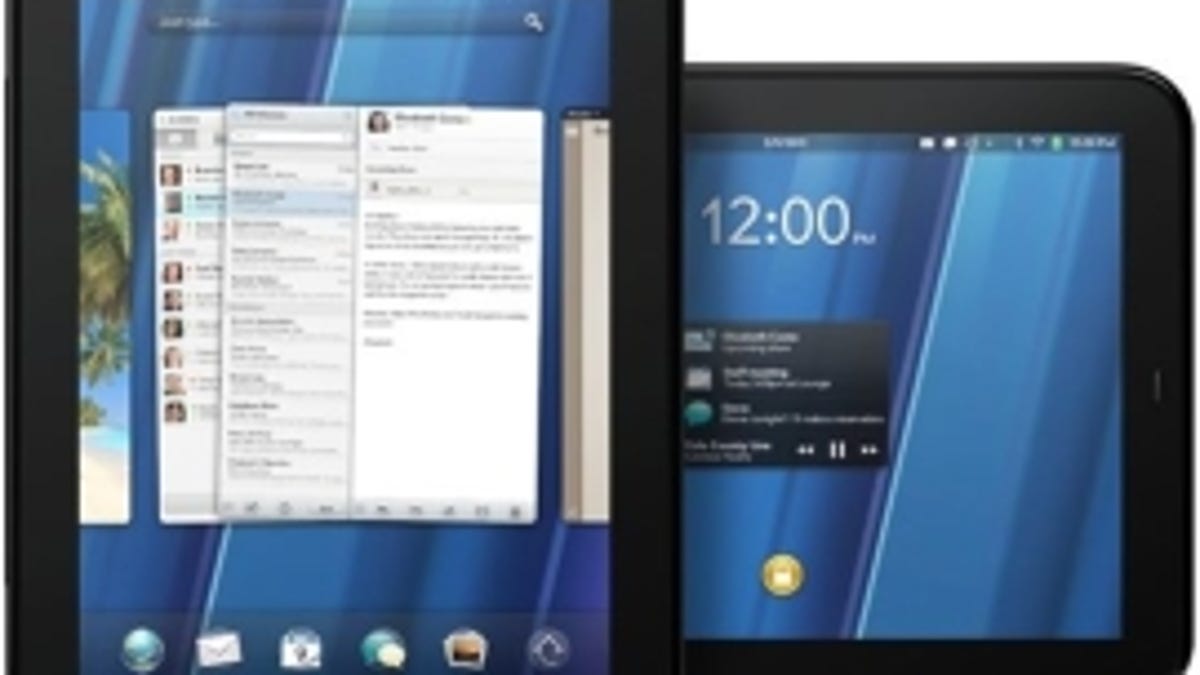HP planning to bring WebOS to appliances, cars?
Hewlett-Packard sees a future for its mobile operating system that extends beyond smartphones and tablets. Which companies are expressing an "enormous amount of interest"?

Hewlett-Packard is currently working to bring its WebOS mobile operating system to cars and appliances, The Wall Street Journal is reporting.
According to the Journal, HP can see a world where many of the products consumers currently use in the home or while on the road will have touch screens that connect to the Web and deliver WebOS functionality.
Speaking to the Journal in an interview, WebOS head Stephen DeWitt said there is an "enormous amount of interest" from companies that want to bring WebOS to their devices, but he wouldn't say which firms are thinking seriously about it.
Related stories:
• HP CEO: WebOS on all our PCs in 2012
• HP: WebOS license in the works
• HP CEO: We might license WebOS
HP took control of WebOS after it acquired Palm last year in a $1.2 billion deal. Since then, the company has brought WebOS to its line of smartphones, as well as its latest tablet, the TouchPad.
Not content with its own products, HP has indicated that it would license its operating system to other mobile-device makers, and in June, HP Chief Executive Leo Apotheker said offering WebOS solely on his company's products would be a mistake.
"I happen to believe that WebOS is a uniquely outstanding operating system," Apotheker said during an interview at the D9 conference. "It's not correct to believe that it should only be on HP devices. There are all kinds of other people who want to make whatever kind of hardware they make and would like to connect them to the Internet."
In March, HP indicated that it was also looking beyond the mobile space with its operating system, saying it plans to offer WebOS on every single computer it ships starting next year.
However, until today, the company has not made any clear indication that it was actually planning to bring its products to appliances and cars.
If HP does, in fact, break into the car space, it will face serious competition from a host of services, including Ford's Sync technology. That offering is becoming increasingly capable, thanks to the integration of application support. The platform also allows drivers to place calls and integrate MP3 players.
The chances of HP finding friends in the car business, however, seem slim, an analyst speaking to the Journal said. According to Thilo Koslowski, carmakers are unlikely to invest in a new technology, since most of them already have services in place.
"The automobile industry has no interest in changing suppliers every year," Koslowski told the Journal.
It could be a similar scenario on the appliance side. Whirlpool, which makes a host of appliances under several names, including Maytag and KitchenAid, told the Journal that it won't be integrating WebOS for one key reason: appliances are designed to last a long time, and WebOS might not be able to hold up over that period.
HP did not immediately respond to request for comment.

